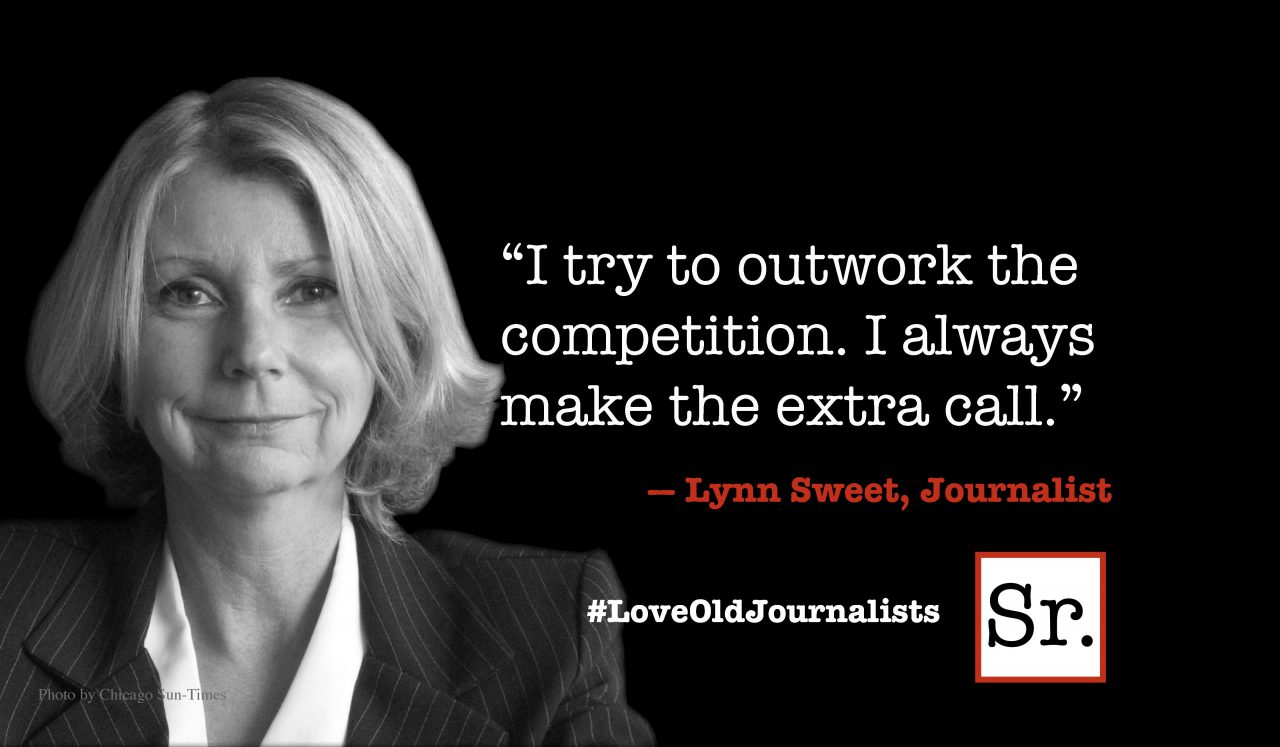The responsibility for great meetings is always the responsibility of the person leading the meeting. Great meetings create focus, clarity and decision-making. An empty conference room costs less than one full of people wasting time. If you are wasting time, the people around the table can’t wait to get back to useful work.
There are many reasons we often hate meetings. Maybe the person running the meeting is inept, or it's too long. Change the rule of thumb from 60 minutes to 30. Perhaps they're too detailed. Large groups working on details tend to expand irrelevant specks of dust into giant mountains of mud. Delegate details to individuals or groups of two or three at most.
The 10 commandments of great meetings:
- Thou shalt always declare the purpose of the meeting before it happens. The most important work of the meeting happens before the meeting. Confusion about purpose is always the result of inept leadership.
- All participants shalt understand and agree that the requirements of commandment one have been fully met. Declaring the purpose of a meeting doesn’t mean everyone understands or aligns.
- Thou shalt meet to make decision, never to discuss.
- Everyone around the table shalt have a stake in the pie.
- The people closest to the work shalt talk the most.
- The most powerful person in the room shalt talk the least.
- Thou shalt engage in lively debate. When commandment six is violated, this won’t happen.
- The leader of the meeting shalt keep everyone focused and engaged.
- Thou shalt silence big mouths, and engage quiet participants even if it hurts someone’s feelings.
- Thou shalt assign tasks to everyone in the room. The person who leaves the room without something to do shouldn’t have attended in the first place.









